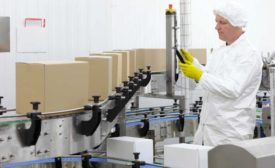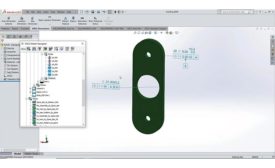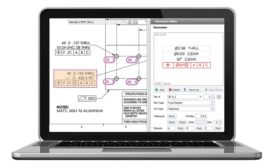Home » Industry 4.0
Articles Tagged with ''Industry 4.0''
Improvements in machine vision include advanced-imaging analysis, robotics, machine learning and 3D vision.
Read More
Is Quality and Validation ready for Industry 4.0?
Validation practices need to evolve in order for regulated industries to keep up a competitive edge.
November 1, 2020
A Pandemic is No Match for Industry 4.0
While COVID-19-related disruptions threatening to upend manufacturing as we know it, IIoT systems make large-scale remote work possible, improve safety and help with supply chain issues.
September 28, 2020
Optimizing Machine Performance with Industry 4.0 and Calibration
Combining the latest in manufacturing technology with concepts that have been around for decades ensure quality products while minimizing unexpected shutdowns.
September 8, 2020
Vision & Sensors
Achieving higher levels of quality consciousness with Traceability 4.0
Success in building the factory of the future depends on manufacturers reimagining and broadening their investment in an operational stragety that's been around for decades.
June 25, 2020
Manufacturing Medical
Medical devices warrant high levels of traceability in order to obtain, track and analyze data.
March 2, 2020
New Software Technology Advances the Practicality of Quality 4.0
It’s time to close the gap between Quality 4.0 and Industry 4.0.
October 8, 2019
Stay in the know with Quality’s comprehensive coverage of
the manufacturing and metrology industries.
eNewsletter | Website | eMagazine
JOIN TODAY!Copyright ©2025. All Rights Reserved BNP Media.
Design, CMS, Hosting & Web Development :: ePublishing









